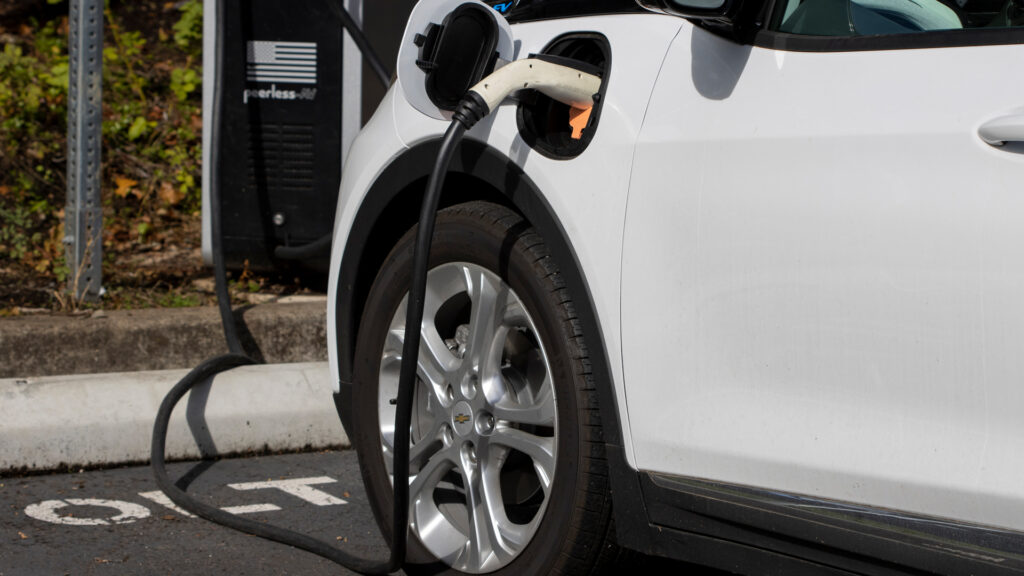From the earliest days of America’s push into space, Florida has been the leader in vision, innovation and achievement. We have thrived, and continue to thrive, because we embrace the future. But technology changes rapidly, and it’s vitally important that Florida ensures that its laws keep up to benefit the public.

An emerging area of innovation in which we have also established Florida as a leader is the adoption of electric vehicles (EVs). And as the market adapts to these new vehicles, we have an opportunity to enact smart policies that will save Florida taxpayers money.
Florida currently ranks second in the nation in electric-vehicle registrations. Our state is home to nearly 100,000 EVs and more are being added every day, driven by consumer demand and an ever-increasing array of auto manufacturers who are designing and launching new vehicles.
One notable reason for the growth in transportation electrification is the positive financial impact that comes from owning an electric vehicle. Electric and other alternative fuel vehicles offer a number of benefits to consumers, from eliminating gas costs and lowering maintenance expenses to improving performance, enhancing resiliency and reducing environmental impacts.
I am enthusiastic about opportunities for Florida’s electric vehicle market, opening up economic opportunities for the industry while paving the way for a cleaner energy future in Florida.
One important piece of legislation I’m sponsoring this year is Senate Bill 284, which will make it easier for government officials in Florida to evaluate the lifetime cost of ownership before they make decisions on vehicle procurement. Right now, those decisions are based on vehicle fuel efficiency, but that’s an outdated and ineffective way of evaluating vehicle performance and financial benefits. After talking with experts in the field, I expect that EVs will regularly be judged more cost-effective over the long run than other types of vehicles.
According to one estimate, if Florida were to transition all state-owned light-duty vehicles to electric, we would see savings of up to $277 million over the course of 15 years. Such a transition would also create jobs and economic opportunities. In just one year, from 2020 to 2021, we saw a 28% increase in the number of Floridians employed in fields related to electric vehicles.
This legislation doesn’t establish any mandates or consumer obligations, but it certainly does create opportunity. As stewards of taxpayer funds, public officials have a duty to seek out all options to ensure that we’re using resources in the best way possible.
As electric vehicle technologies prove themselves in the market and costs go down, Florida will be positioned to take advantage of market innovation to save money for taxpayers and make us less reliant on out-of-state fuel sources. Florida will continue to invest responsibly in smart infrastructure that makes it possible for our residents and visitors to choose the vehicle technology that’s right for them.

I look forward to a future for Florida that’s driven by the best technologies that make sense for Florida, and giving the state more freedom to take advantage of them.
I’m pleased to work closely with different partners and organizations who share a desire to see Florida lead on forward-thinking policies like this legislation. One of those organizations is Conservatives for Clean Energy, which has led the way by showing how clean energy can power not only our communities, but also our economies.
Conservatives have always been solutions-oriented and savings-focused, and this legislation will give public officials the freedom to make investments in vehicles that are in the best long-term interests of taxpayers.
State Sen. Jason Brodeur represents District 10, which consists of Seminole County and parts of Orange County. This opinion piece was originally published by the Orlando Sentinel, which is a media partner of The Invading Sea.
If you are interested in submitting an opinion piece to The Invading Sea, email Editor Nathan Crabbe at ncrabbe@fau.edu.



